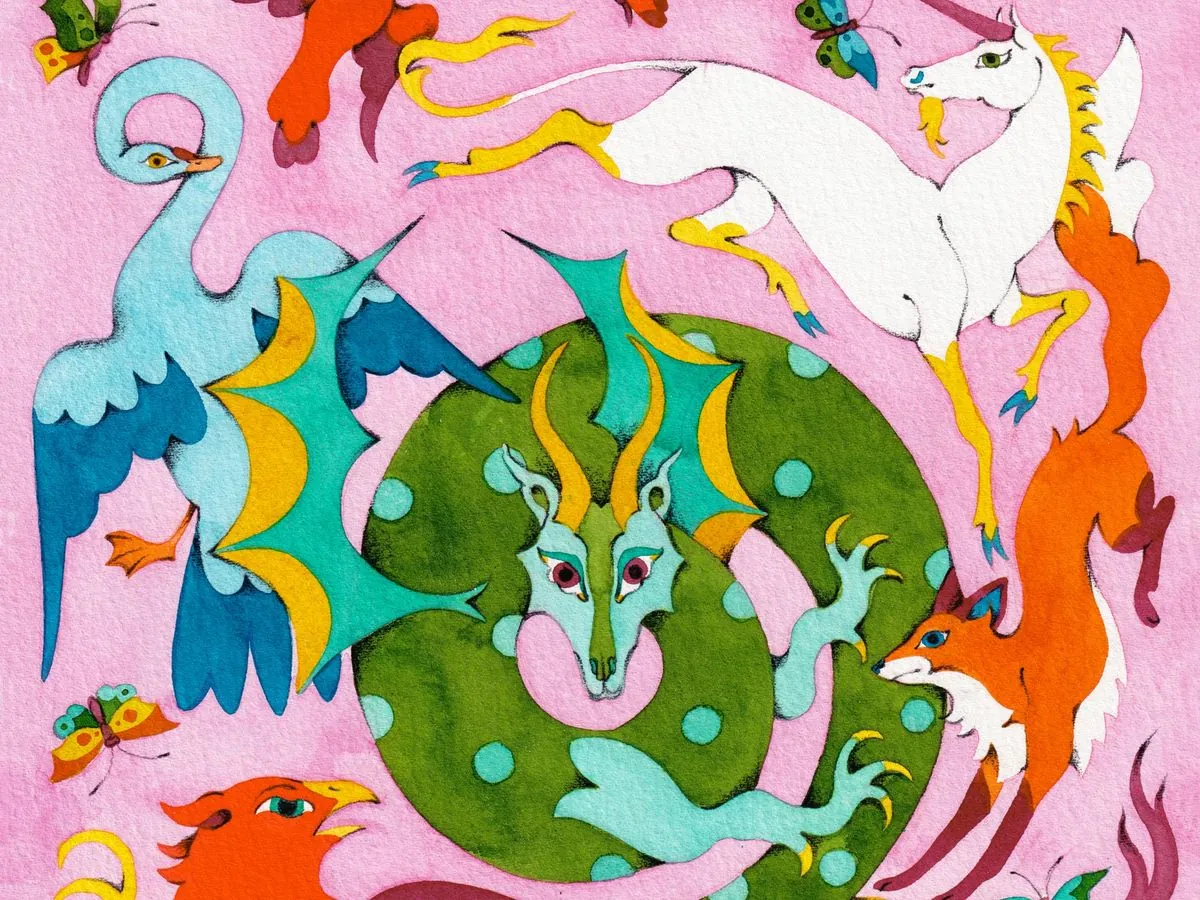In the realm of children's literature, Katherine Rundell has emerged as a formidable force, blending scholarly insight with boundless imagination. Her latest novel, "Impossible Creatures," has swiftly captured the hearts of young readers, becoming a bestseller in the United Kingdom upon its release last year.
Rundell, a fellow at St. Catherine's College, Oxford, follows in the footsteps of renowned scholar-fantasists like C.S. Lewis, J.R.R. Tolkien, and Philip Pullman. Her work, however, stands out for its unique blend of academic rigor and childlike wonder.
The author's journey into children's literature began with her own childhood experiences. At age seven, Rundell moved to Zimbabwe, where she was immersed in the natural world. This early exposure to diverse ecosystems and wildlife profoundly influenced her writing, instilling a deep appreciation for the "mad beauty of the living world."
Rundell's passion for children's literature is evident in her 2019 book, "Why You Should Read Children's Books, Even Though You Are So Old and Wise." In it, she argues for the genre's importance, stating:
"A really great children's book can hook a child. It can put a fish hook through their imagination and root them in the world of books for the rest of their lives."
This enthusiasm extends to her other works, including "Super-Infinite," a study of the poet John Donne, and her upcoming essay collection "Vanishing Treasures," set to be published in November 2024.
In "Impossible Creatures," Rundell weaves together elements from her academic research and personal experiences. The novel features mythical beings inspired by medieval manuscripts, such as the manticore, a creature with a human head, lion's body, and scorpion's tail. This blend of historical knowledge and fantasy exemplifies Rundell's unique approach to storytelling.
Rundell's writing process involves balancing her young and adult selves. She incorporates elements that appeal to children, such as vivid descriptions of food and elaborate contraptions, while also addressing complex themes like grief and the human condition.
The impact of Rundell's work on young readers is profound. At public appearances, she often encounters 11 or 12-year-old fans who, while aware of the fictional nature of her stories, still harbor a sense of wonder about the possibility of such fantastical worlds existing.
Rundell's ultimate goal is to cultivate what she calls the "wonder muscle" in her readers. By presenting imaginative worlds alongside real-world marvels, she encourages children to direct their sense of awe towards the extraordinary aspects of our own planet.
As Rundell continues to bridge the gap between academia and children's literature, her work serves as a testament to the enduring power of imagination and the importance of nurturing wonder in readers of all ages.
